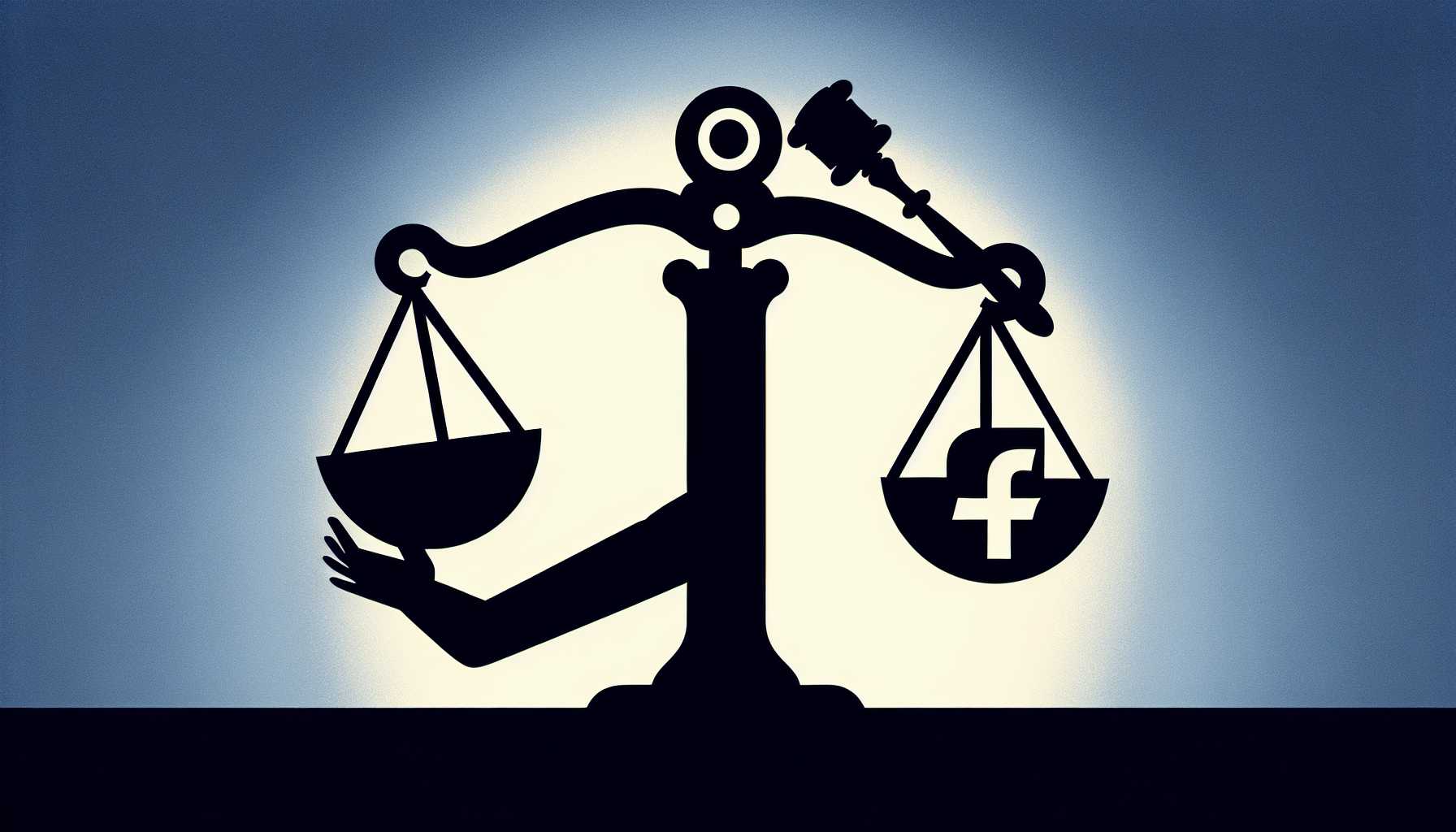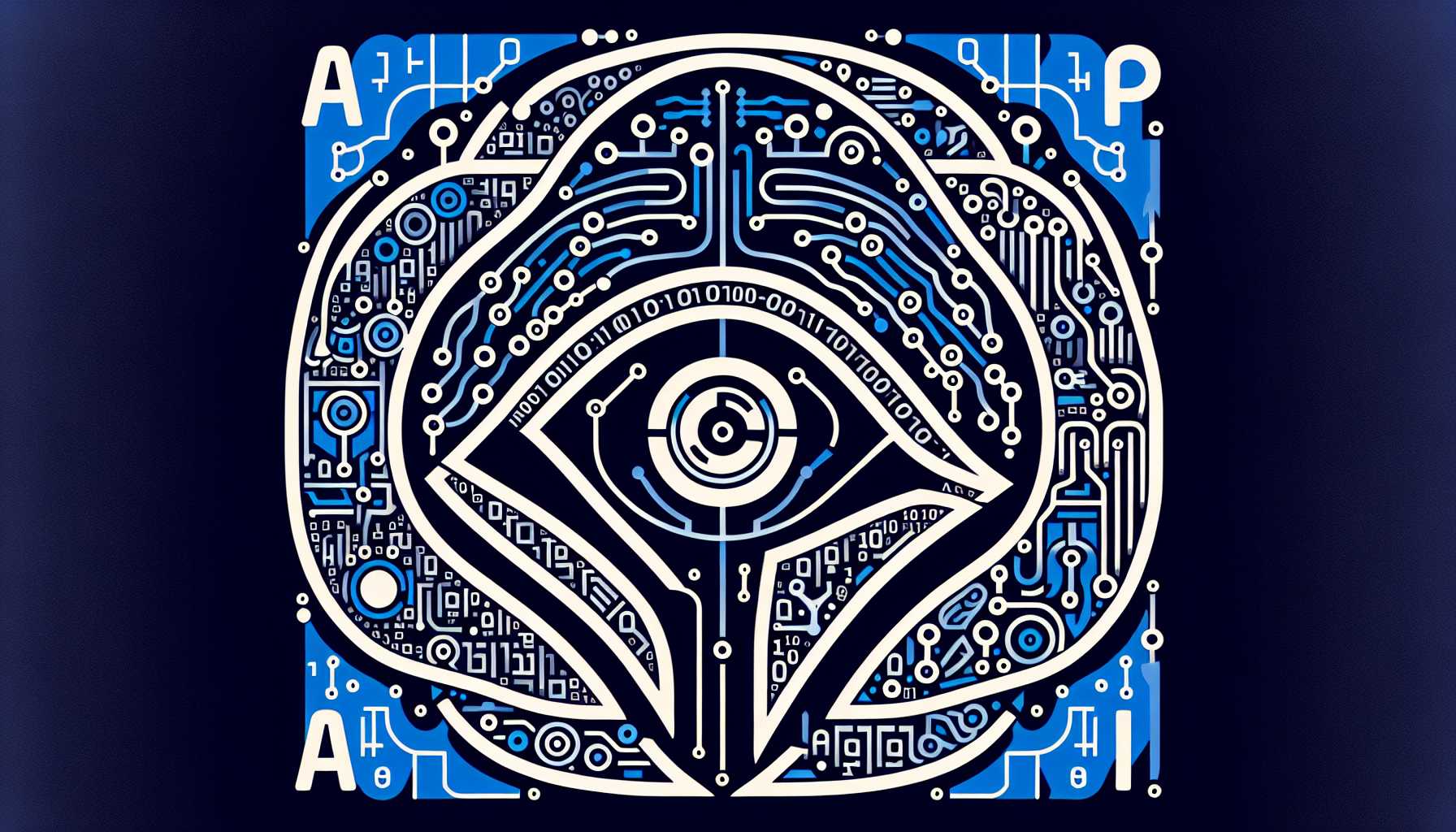Repercussions and Magnolia Moments in the Tech Realm
The tech world never sleeps! From the U.S. imposing sanctions on Russian cybersecurity leaders to handling ransomware attacks that disrupt entire healthcare systems, and grappling with the balance between remote work and in-person engagement—it’s a dynamic space that’s continuously evolving. Join me as we unwrap the tangled threads of some of the latest tech events, adding my expert insights along the way.
Sanctions Against Kaspersky Executives: A Blow to Cybersecurity?

The U.S. government recently enacted sanctions against twelve executives and senior leaders of the Russian-based cybersecurity giant, Kaspersky Lab. Among those sanctioned are Kaspersky’s Chief Business Development Officer Andrei Anatolyevich Efremov and Chief Legal Officer Igor Gennadyevich Chekunov. These sanctions are a testament to the geopolitical tensions impacting global cybersecurity dynamics. Interestingly, Kaspersky’s founder and CEO, Eugene Kaspersky, was notably absent from the sanctions list. This selective targeting raises questions about the criteria used to determine individual accountability within a corporate structure often shadowed by its national affiliations.
The U.S. government’s hesitance to levy these sanctions on Kaspersky itself signals a complex dance between enforcing punitive measures without wholly dismantling a global cybersecurity player. This delicate stance echoes earlier actions against other tech entities intertwined with foreign state interests, such as spyware maker Intellexa. As an investor in the tech industry, watching these geopolitical ripples highlights the importance of understanding not just the tech, but the broader political landscape that can shape a company’s trajectory.
Change Healthcare’s Massive Data Breach: The Cost of Neglecting Cybersecurity Basics
Change Healthcare, a titan in the medical billing space, confronted a severe ransomware attack in February that disrupted healthcare services and exposed sensitive patient data. The hackers behind this attack, the ALPHV group, leveraged stolen credentials that lacked multi-factor authentication—a glaring security oversight. This incident serves as a poignant reminder that even behemoth corporations with vast resources can fall prey to cyber threats when basic security protocols are neglected.
UnitedHealth Group, Change Healthcare’s parent company, faced an $870 million expense in the first quarter alone due to this breach, underscoring the financial ramifications of inadequate cybersecurity measures. The healthcare sector holds a treasure trove of personal and medical data, making it a lucrative target for cybercriminals. This attack ignites a discussion on the necessity of robust data protection frameworks and the vital role of cutting-edge cybersecurity technologies in safeguarding sensitive information. My takeaway? Investing in cybersecurity startups focusing on advanced protection methods like zero-trust architectures and AI-driven threat detection seems more imperative than ever.
Dell Companionship vs. Remote Work Rebellion

Dell Technologies has taken a stand against the modern work-from-home trend by implementing a stringent return-to-office policy. Employees who wish for career advancement must commit to in-person attendance for at least 30 days per quarter. However, almost half of Dell’s U.S. workforce continues to defy this policy, choosing the perks of remote work over potential promotions. This rebellion against rigid RTO mandates isn’t isolated. Similar sentiments have surfaced at other industry giants like SAP, where a significant portion of the workforce expressed dissatisfaction with enforced office returns.
As a technologist who values both innovation and talent retention, it’s clear hybrid work models could be the compromise that benefits both corporations and employees. Flexibility in work arrangements tends to enhance job satisfaction and productivity—an insight supported by studies from Stanford economist Nick Bloom. Employers ought to approach remote work not as an operational challenge but as an opportunity to harness global talent without geographic constraints. This evolving work culture emphasizes that adaptability and trust are key elements in the workforce of tomorrow.
TikTok Fights for Survival: First Amendment and Tech Constraints

In a legal showdown, TikTok has filed briefs arguing against the U.S. government’s plan to ban the app, deeming it a violation of the First Amendment. The company emphasizes the impracticality of divesting from its parent company ByteDance within the mandated timeframe while maintaining operational integrity. TikTok’s position highlights the convoluted intersection of technology, law, and international relations. Divesting from ByteDance could significantly impact the app’s functionality and user experience, as TikTok’s intricate code base and development infrastructure traverse global boundaries.
This battle isn’t just about an app; it’s about delineating the scope of regulatory power over private enterprises, especially those with geopolitical implications. Watching this unfold, it becomes evident that tech companies must often navigate the choppy waters of international diplomacy as much as they focus on user engagement and growth. As an investor, it’s critical to monitor regulatory landscapes and the implications of geopolitical tensions on tech investments. Diversifying across regions and understanding local legal frameworks can mitigate some of these risks.
OpenAI’s CEO Shift and the Future of AI Safety

OpenAI continues to make headlines with its new flagship model GPT-4O, capable of cross-referencing audio, visual, and text data in real-time. However, equally significant is the shake-up within its leadership. Sam Altman is contemplating converting OpenAI to a for-profit entity, while co-founder Ilya Sutskever exits to start his own company focused on safe superintelligence. The move to bring retired Army General Paul Nakasone into the board showcases OpenAI’s commitment to security, aligning with growing concerns about AI governance and ethical deployment.
The tech world stands at a crossroads where the development of AI is concerned. Balancing innovation with ethical considerations will define the next wave of AI integration into enterprise and consumer spaces. Investing in companies that prioritize responsible AI practices can offer lucrative opportunities while fostering a tech ecosystem that values long-term societal impact over short-term gains.
Elon Musk and His Tango with Advertisers: A Shift in Tone

Elon Musk’s social media enterprise, X (formerly Twitter), faced a tumultuous phase following Musk’s infamous “go f**k yourself” directive to advertisers. This led to a significant drop in ad revenue, compelling Musk to recalibrate his stance. Now, X is witnessing a recovery with 65% of advertisers returning since the start of the year. For tech investors, this underscores the importance of maintaining a balanced approach to corporate communications and stakeholder relationships.
Musk’s initial outburst serves as a cautionary tale of how quick pivots can influence a company’s market position, albeit tempered with strategic recovery efforts. I advocate for clear, consistent communication strategies that align with both company ethos and stakeholder expectations. This balance will be crucial for tech companies aiming to navigate the expansive waves of public scrutiny and investor interests.
Conclusion
Navigating the complexities of the tech industry involves staying abreast of geopolitical shifts, regulatory landscapes, and evolving cultural work practices. From cybersecurity threats to AI advancements, each facet of this dynamic ecosystem presents unique challenges and opportunities. As we monitor these developments, the goal remains to harness innovation for sustainable growth while managing risks with informed prudence.
*Image Prompts for DALL-E*
